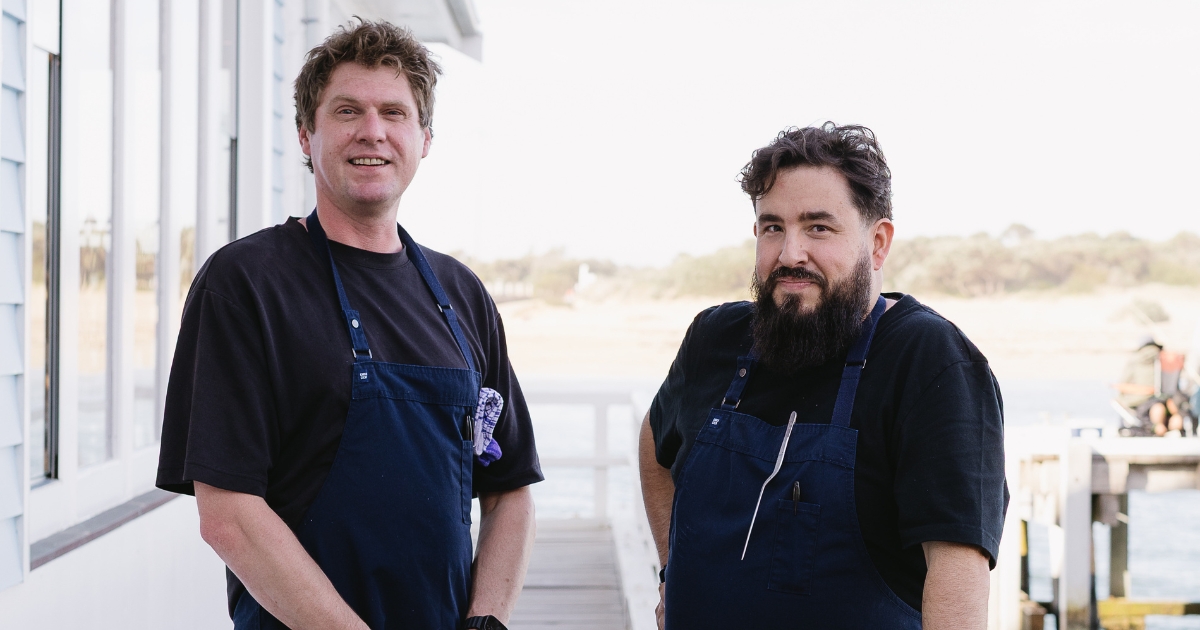The Story of a Lucky Man
Abdi Aden was 13 years old when Somalia’s civil war first broke in Mogadishu.
He remembers playing soccer one afternoon and hearing an explosion that reverberated across the field.
Abdi said the sound was a prophetic indicator of what was to come for his country – a place he described as once being beautiful.
“I’d been playing for 15 minutes when I heard this massive explosion. My mother was away in Italy for two weeks for work, my father was working on the other side of Mogadishu and my sister was staying with another family.
“From then on, people were running, rushing around… I couldn’t see anyone’s faces.
“The war just got worse.”
Wearing the same shoes, pants and shirt from that afternoon, Abdi fled Somalia with a local woman and her five children and began walking towards Kenya.
Four of the five children Abdi was with died of starvation. Of the 318 people who walked to Somalia’s border, only five survived. The journey took almost four months.
“There was a big refugee camp in Somalia. It was horrible, no electricity or food – people slept on the floor and I saw the fear in their eyes. I never thought I’d make age 15.
“After seeing the refugee camp, I decided to come back to Mogadishu and did the same journey.”
When he returned, he was told every member of his immediate family had died. From Mogadishu, Abdi flew to Romania, where he spent nearly a year in a refugee camp.

“Romania was my worst. I couldn’t understand the language, the environment was not familiar and when you don’t realise your environment, you get confused.
“Romania was bad, a very poor country – people were running away from Romania. There were 300 Somali people… I was the only child.”
At age 16, Abdi arrived in Melbourne. He had no family or money and couldn’t speak English.
He eventually found his mother via a Red Cross tracing service he saw advertised at the local supermarket, and the pair were reunited in Australia.
Abdi’s mother told him she had held a funeral ceremony for his father and sister.
Years later when Abdi was backpacking in Europe, he saw a man he had stayed with at the Romanian refugee camp.
He informed him his sister was alive and well in Holland, but Abdi’s father died in the war.
“It was very emotional. If you don’t know what happened to them it’s like having a hole in your heart.”
Abdi’s story is one of hope, resilience and the courage to build a life from nothing.
His book Shining: The Story of a Lucky Man details his journey. Before it was written, Abdi had never spoken of the horrors he experienced when he fled Somalia.
“I really didn’t want to write my story because I didn’t want people to know what I went through.
“After the war, it’s very shameful to speak about it… I didn’t want to talk about it. But then being a youth worker and being educated, I realised maybe I can make a difference to people in Australia.
“Once I saw my story was published and people were reading it, it was therapy.”
Abdi Aden was scheduled to speak about his book at Waurn Ponds Library on March 25, but the event has since been cancelled in response to the coronavirus pandemic.
All Geelong Regional Library Corporation programs, events and outreach services have been suspended until at least April 13.


















